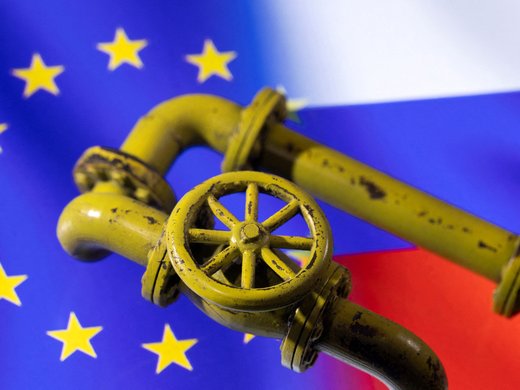Germany has a long-standing tradition of commercial arbitration, and the German business community is one of the primary users of commercial arbitration, according to the figures published by international arbitration institutions. This is not only the case for commercial arbitration, but also for investment arbitration: Germany is the country with the most bilateral investment treaties (BITs) concluded, and almost all recent German BITs contain measures for investor-state dispute settlement (ISDS). Furthermore, German investors are among the main users of this investment arbitration system based on international treaties.
Germany, as this paper discusses in detail, has concluded 135 BITs, of which approximately 130 are currently in force. After the shift of competences for foreign direct investment from the EU member states to the European Union since the entry into force of the Treaty of Lisbon on December 1, 2009, EU member states are confronted with an emerging European legal regime for foreign investment protection, but the BITs concluded by the EU member states, including Germany, will mostly remain in place for the next decade. Only a few, if any, will be replaced in the near future, as the European Union is currently negotiating or has already terminated negotiations on investment agreements with, inter alia, Canada, China, India, Japan, Singapore, the United States and Vietnam. But even if EU agreements containing investment protection chapters with, for example, Vietnam and Singapore, or a pure investment agreement with China, enter into force, it is not yet clear whether the respective sunset clauses of the Germany-China BIT, as well as the Germany-Vietnam BIT, would remain applicable for another 20 years, meaning that standards as well as the specific ISDS mechanism would also remain applicable.
This paper aims at summarizing the history of investment protection via BITs and the main components of ISDS in German BITs, as well as the current ongoing debate in Germany, with the most recent developments that may have led to a reform of the EU approach in regard to ISDS.


